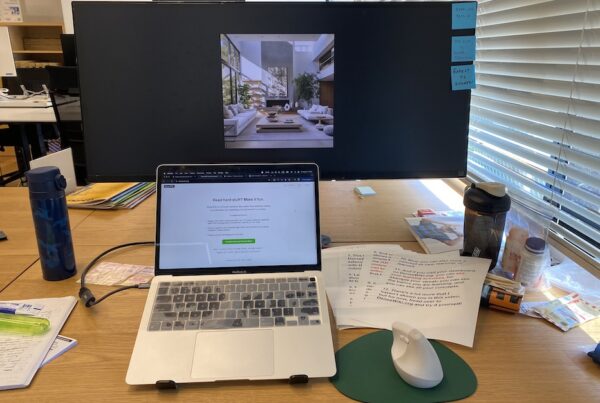I’m nobody to give someone business advice.
Or rather, I’d say there are plenty of people driving lamborghinis and flying private and consistently sitting on the front pages of newspapers whom people could listen to.
I remember flipping through a book by T Scott Gross, the author of “Positively Outrageous Service” as a kid (saw it at a bookstore and it got my attention), and it really blew my mind. Since then I’ve wanted to offer positively outrageous service in every business I do, both at the product level and the service level.
At my company, we do follow some “outrageous” business practices that I was reflecting on today.
1. Our products and services aren’t good or better or even “best” — they’re groundbreaking.
I’m not saying this for shits and giggles. In my career as an entrepreneur so far, I’ve only made and offered things that have either never existed before, or are on a completely different level than anything else on offer.
If it’s not 10 times better than whatever already is, I don’t do it.
The first project: the “Tech Fluent CEO” program, later made into a book. Yes, I realized later that other such products exist. But none of them accomplish anything remotely close to what mine does.
The same goes for both my podcasts — the content is both 10x better and unique.
It often makes it hard to market and explain what I do, and questions like “is there a market for this?” and “how does it work?” are constantly coming up.
Look, I was inspired by SONY when I was 19. In Akio Morita’s book “Made in Japan,” he said that Sony always wanted to look to the future, and build products that would shape the world as they saw it. Every product that Sony brought out, started as a dream — not a number on a spreadsheet.
I have the utmost respect for people who build businesses based on what people are already looking for and lots of demand analysis, but that’s not how my brain works. I’m in the innovation business. I’m in the future business.
We skate to where the puck is going to be, not where the puck is right now.
2. I don’t offer 30-day or even 90-day guarantees. I offer a lifetime guarantee.
Back when I was offering the tech fluency program, the first ever person who signed up (and paid full price upfront), got busy with other projects midway through the course. He never came back.
I tried to contact him over time, to come back, but he couldn’t.
Finally, 4 years later (long after I stopped doing 1-1 coaching and was doing a different business), I emailed him again, saying that he’s always welcome to come back and finish what he started. This time, he did reply, and we will continue our relationship.
On the first page of my book, I say clearly — if you buy the book and realize that you aren’t the right reader for it, you get your money back, no questions asked. There’s no timeline.
50 years later, if you said, “you know, that book I read in my 20s wasn’t really worth my money” – I’d still like to give you a refund.
One reader actually tried to test this, because he couldn’t believe this was true. But I obliged, and this is what he said:

However, I must mention that recently I felt “whooped” by Andy Frisella’s company 1st Phorm, because they offer a 110% guarantee on their products. So we will start offering a 120% guarantee as soon as we are able to.
But hey — I did offer a guarantee on my podcasts too from the beginning – if you find another podcast that covers a topic better than we did, I will give you $20. Andy doesn’t. (Score: 1-1)
The next phase
While the above things are apparent in hindsight, I wasn’t even consciously aware of them when I was actually doing them.
But it’s clear to me that this philosophy needs to be at the center of the entire business; its energy permeating not just the product and service, but everything from marketing, to branding, to operations, to vendor relationships, employee relations, and so on.
Offering a positively outrageous experience to every person along the chain, makes for an indestructible business. And I want to build a company where this is in the very DNA.
